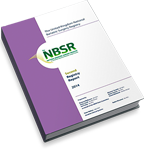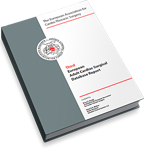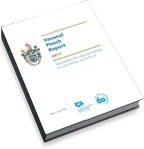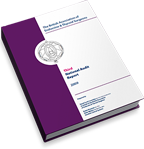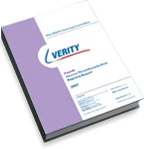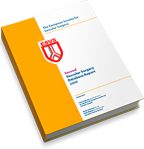Report
Maintaining patient' trust: modern medical professionalism 2011
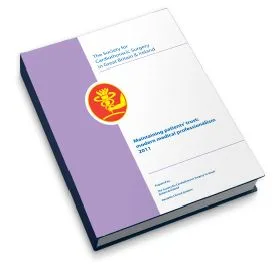
This report demonstrates how collecting and benchmarking clinical outcome data has helped to reduce mortality rates for cardiac surgery by 50 per cent. The publication examines the impact of publishing information about outcomes by hospital and by individual surgeon; and explores the implications of understandings medical professionalism and patient centred care.
Some observers have criticised the publication of mortality rates for individual surgeons, claiming they are meaningless in specialties where deaths are rare, and will lead to discrimination against high-risk patients in specialities where they are not. In addition, it is also feared that surgeons might be deterred from operating on high-risk patients. However, the report notes that there is no systematic evidence of patients being discriminated. In fact, the opposite is true, with surgeons operating on more high-risk patients than ever before.
The reports states that monitoring cardiac surgeons is estimated to cost £1.5m a year, 0.6 per cent of the total NHS spend on cardiac surgery. However, the improved performance has resulted in patients spending less time in hospital saving over £5m a year on bypass patients alone. Additional information collected from cardiac surgery includes how many patients develop major wound infections, and the number of post-operative strokes.

